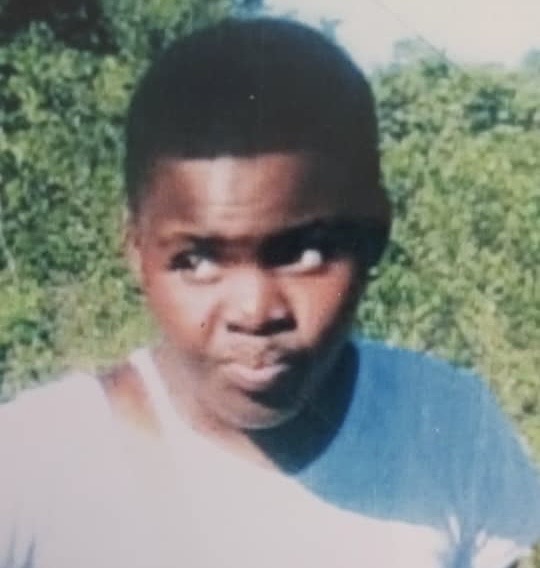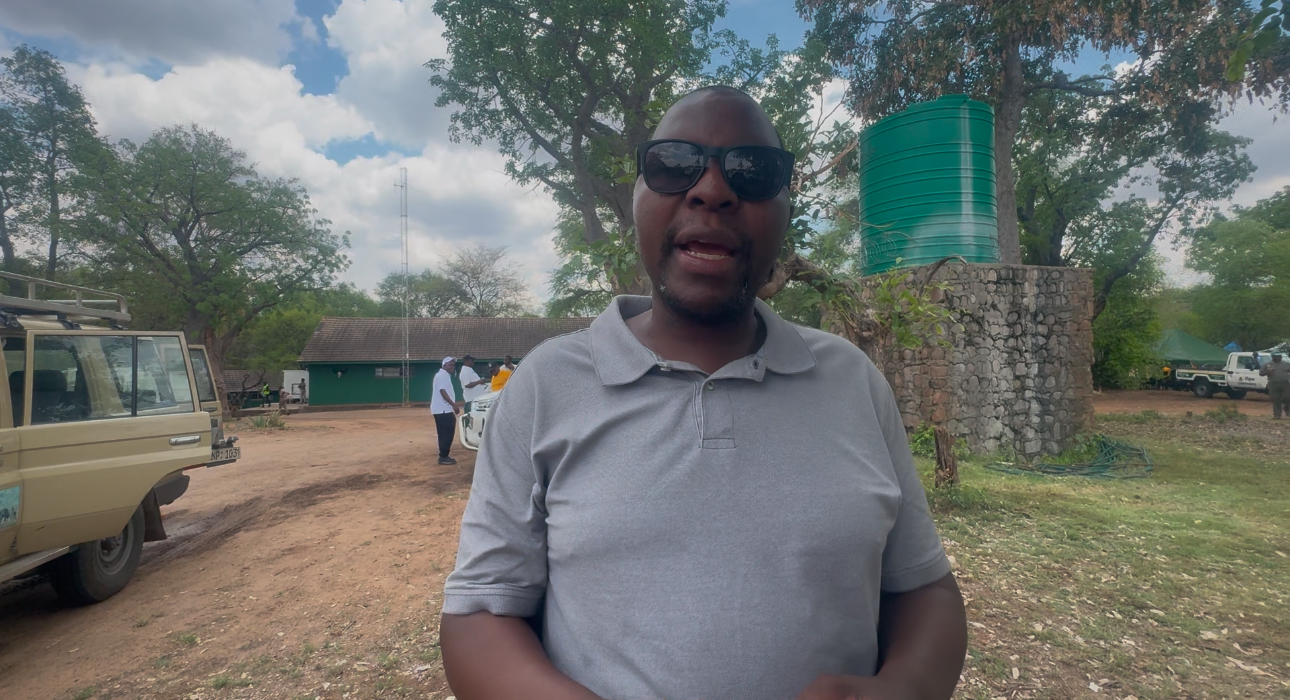BY BRENDA NCUBE
Victoria Falls residents and community leaders have bemoaned the rise in alcohol and drug substances abuse among the youth in the tourism resort, amid revelations that peer pressure, unemployment, lack of legislative frameworks and political interference was hampering efforts to arrest the scourge.
Frustrated residents vented during a recent meeting called by the Hwange West Member of Parliament Godfrey Dube which sought to map some solutions to prevent, fight and combat alcohol and drug substances abuse in the community.
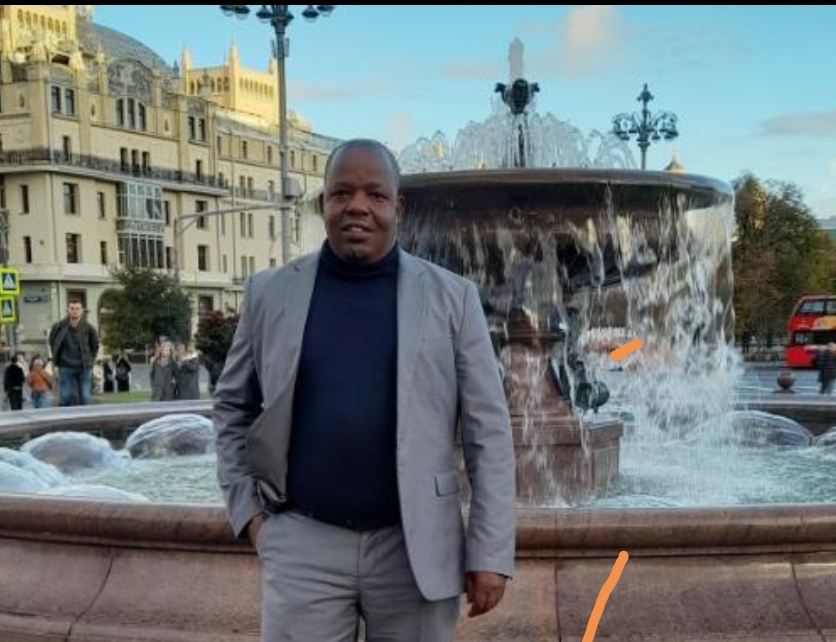
Zimbabwe Republic Police is currently on an operation that has been dubbed “No to dangerous drugs and illicit substances, and on Monday, they arrested 24 people across the country, bringing cumulative arrests to 2 152.
During the meeting, residents submitted that drug suppliers and dealers were well-known cartels that even police know of, but because of their links, nothing was being done to them.
Former ward six councillor Ephias Mambume said the issue of youths was being fueled by misplaced priorities especially towards power retention by the politicians at the expense of funding programs like drug abuse.
“We cannot win this war on drugs if we fail to eliminate the supply and availability of illicit drugs in the market, ”
Mambume told the gathering at Brethren in Christ Church on Saturday.
“The police know who and where these people are and it is their job to arrest them.
“At central government we have a national drug master plan which covers 2022-25 but there misplaced priorities at the top there.
“Money is spent on useless things especially towards retention at the expense of programs like these.
These are the same youths that we need to vote us back to power yet we are not funding projects that will make them disciplined individuals in society. ” he said.
He, however, implored residents to alert police by giving them information or leads to drug dealers and further called churches, parents and schools among other stakeholders to join hands.
His sentiments were also echoed by another resident who said: “Everyone here knows who the kingpin of drug dealerships and distribution in this town is but they are still walking scot-free under the protection of the police,” he claimed.
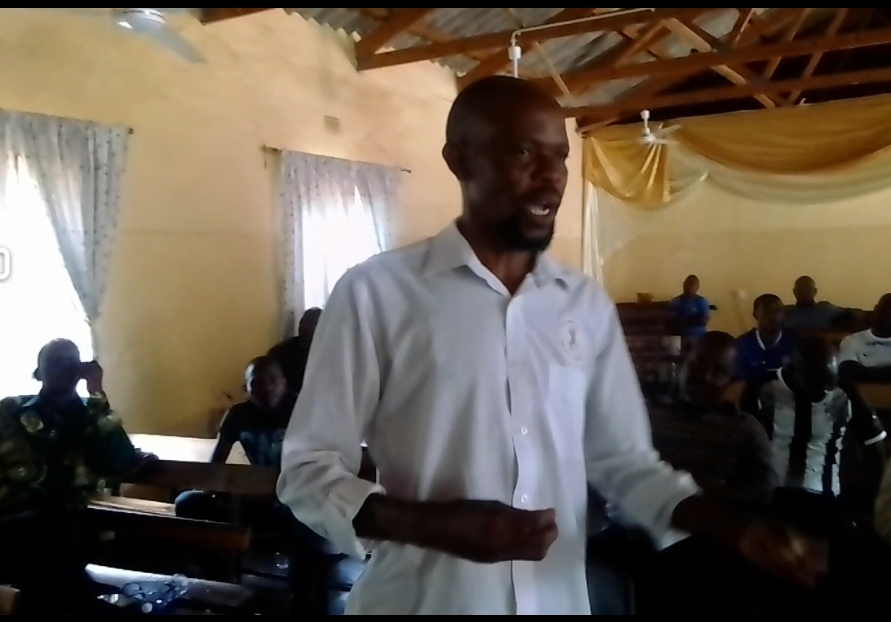
“Some kids once stole my drums and went on to exchange them with drugs.
“When we involved the police the person said they are his friends and he will just give them money and go back to continue with his dealership.”
According to councillor for ward 10 Nkanyiso Sibindi, youths are pushed into taking drugs and alcohol by the lack of employment and recreational facilities.
“The problems that the youths are facing in Victoria Falls are unemployment, peer pressure and lack of recreational facilities to keep them occupied. In this meeting we have proffered solutions to address these challenges,” he told VicFallsLive on the sidelines.
In a move to provide solutions to challenges faced by the youth in Victoria Falls’ deputy Mayor Patricia Mwale said there was need for repossession properties such as Victoria Falls Club and the community swimming pool that we leased to certain individuals who are not living up to the council’s agreement as they allow youths to use the spaces for free and commit illicit crimes.
Speaking into unemployment one of the residents said that local companies must employ locally.
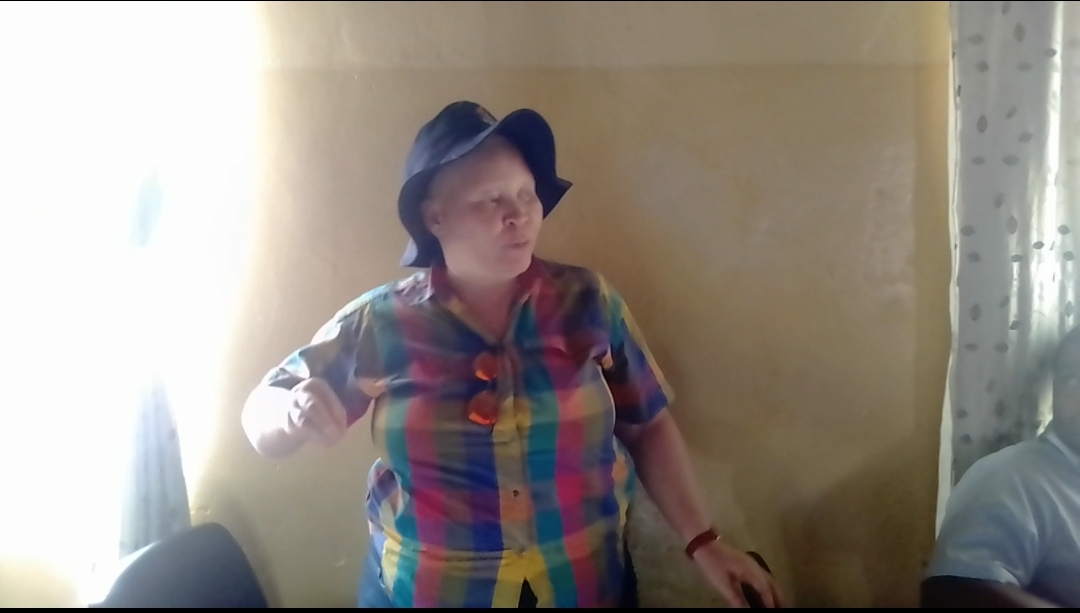
“The hotel industry must employ local graduates and stop bringing in people from outside,” one concerned resident suggested.
“We need our community leaders and civic society groups to approach these companies and make it a deliberate policy that they should employ local graduates and stop using our children as free labor in the name of training them.
“This puts them through a lot of stress and in the end they turn into drugs as they say hope deferred makes the heart sick.”
In response to submissions by residents and stakeholders, Dube said he will take them up to government tiers that deal with such issues.
“To look at the issue of unemployment and sporting facilities that will keep our children occupied I will engage the ministry sports and the ministry of labor and social welfare with issues that have been brought up by the community and various stakeholders,” he said.
“From here, we will produce a positional paper which will be copied to the City council, the police, the Minister, the President and everyone concerned to say this is where we stand as Victoria Falls on the issue of drugs and this is what we want.”
Dube implored the community to be on the alert and work together with the police to report cases of drug abuse or dealership in a bid to reduce alcohol and drug substances abuse
He added that he will continue calling for such meetings in schools, churches and public spaces until the abuse of alcohol and drug substances is significantly eradicated.
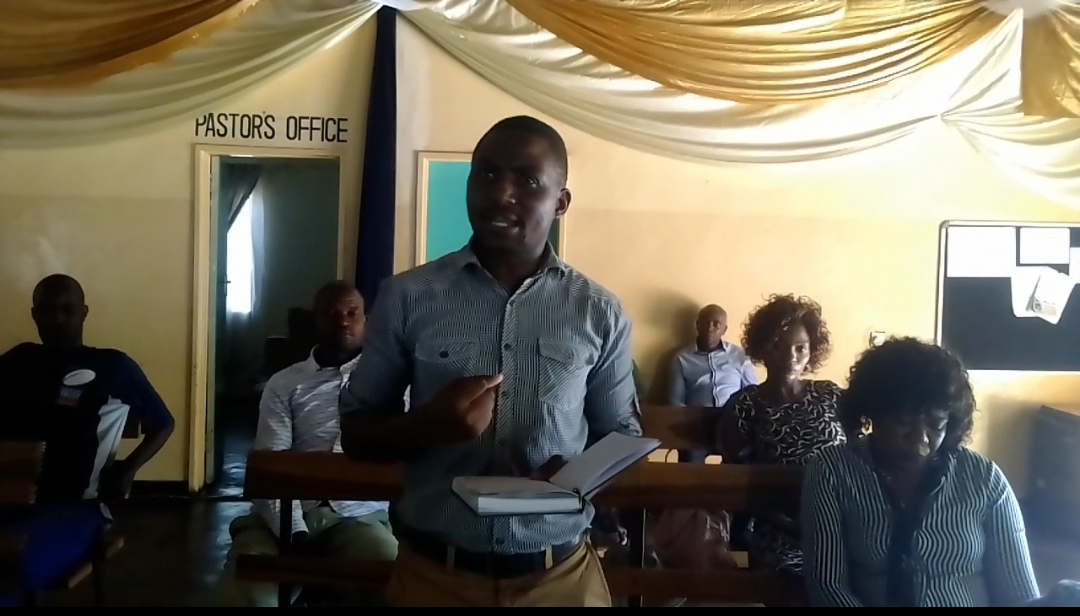

 Slider3 years ago
Slider3 years ago
 National4 years ago
National4 years ago
 Opinion3 years ago
Opinion3 years ago
 Tourism and Environment4 years ago
Tourism and Environment4 years ago
 National2 years ago
National2 years ago
 National3 years ago
National3 years ago
 National2 years ago
National2 years ago
 National4 years ago
National4 years ago



